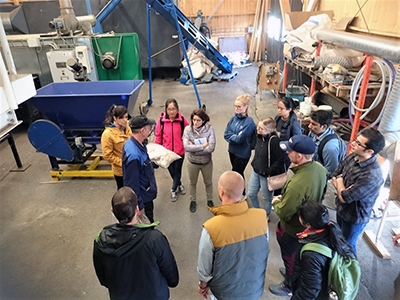Bio4Energy is Delivering Methods, Tools to Industry as Promised
Regional collaboration and research in the areas of thermochemical conversion of biomass and feedstock pre-processing, respectively, were on the menu as Bio4Energy scientists and advanced students met at Skellefteå, Sweden this month.
The event showed, most notably, that a good decade after its start, the Bio4Energy research environment is indeed doing what it set out to in 2010: Delivering methods and tools in the areas of bio-based materials, “green” chemicals and advanced biofuels.
Thermochemical Conversion, one of two process platforms in Bio4Energy, is cooperating with leading actors in industry; to provide the foundations for replacing fossil fuels with biocarbon in steel-making operations.
Another branch of the platform is developing “green” carbon black from forest industrial residue; the early news of which spurred interest from European and Russian industry, eager to follow developments.
As we reported in March, the Feedstock Pre-processing platform not only keeps delivering dried or fractionated biomass to customers in industry, but also eyes a shift in focus to examine the ways in which critical raw materials can be supplied to the region in a safe and sustainable manner.
Finally, the meeting received a run down on current European Union policy developments affecting the forest industrial sector.
As a service to our followers, we will link below as many of the research presentations given as we are allowed to. Please check back with this page, if they have not yet been posted. Press or click a title, to access its link.
Research Presentations
Biochar characterisation, using state-of-the-art techniques — Anna Strandberg, Bio4Energy Feedstock Pre-processing
Multi-blade shaft milling for preserving the native structure of milled products — Atanu Kumar Das, Bio4Energy Feedstock Pre-processing
Related News

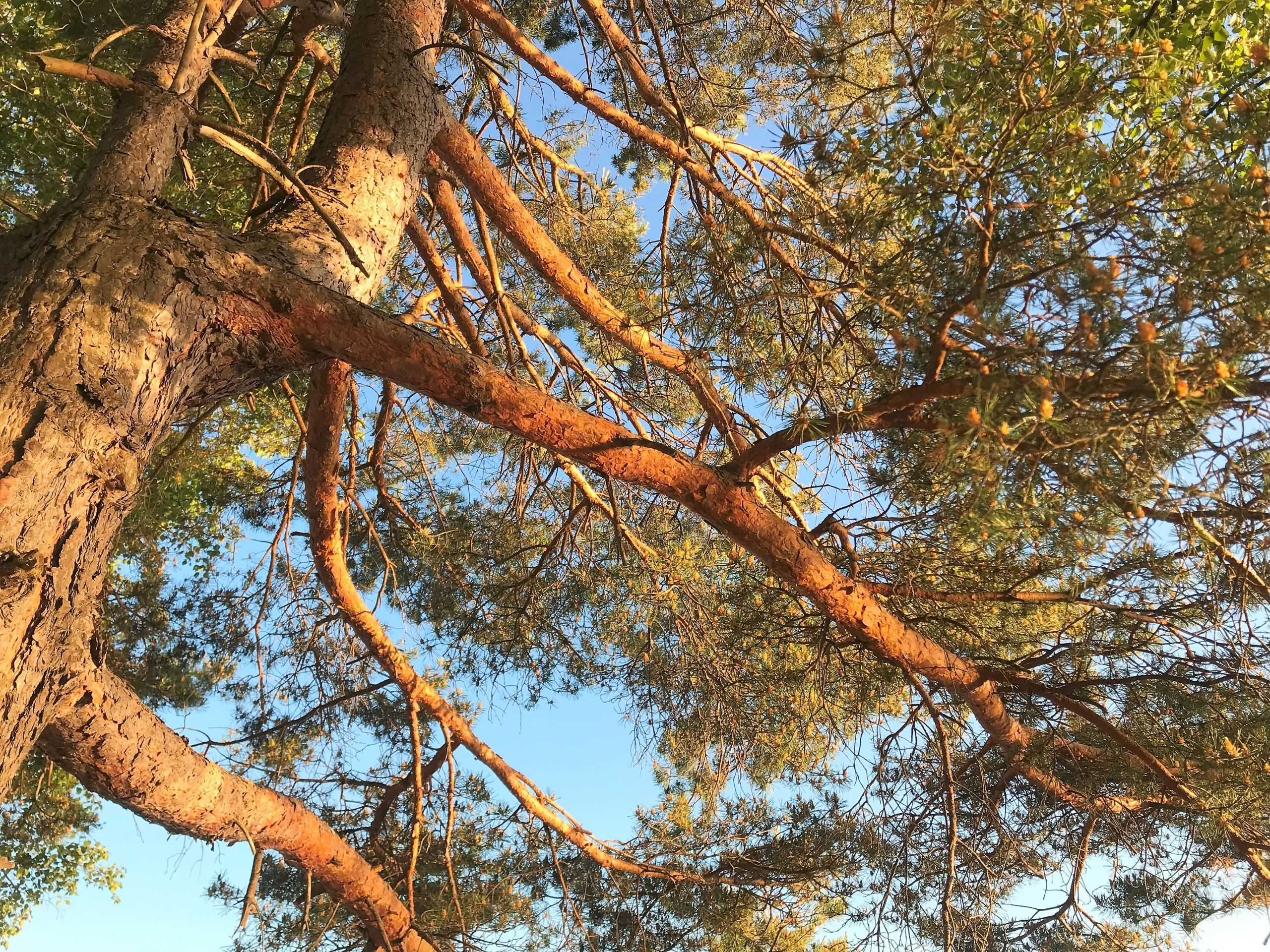 ©AnnaStrom
©AnnaStrom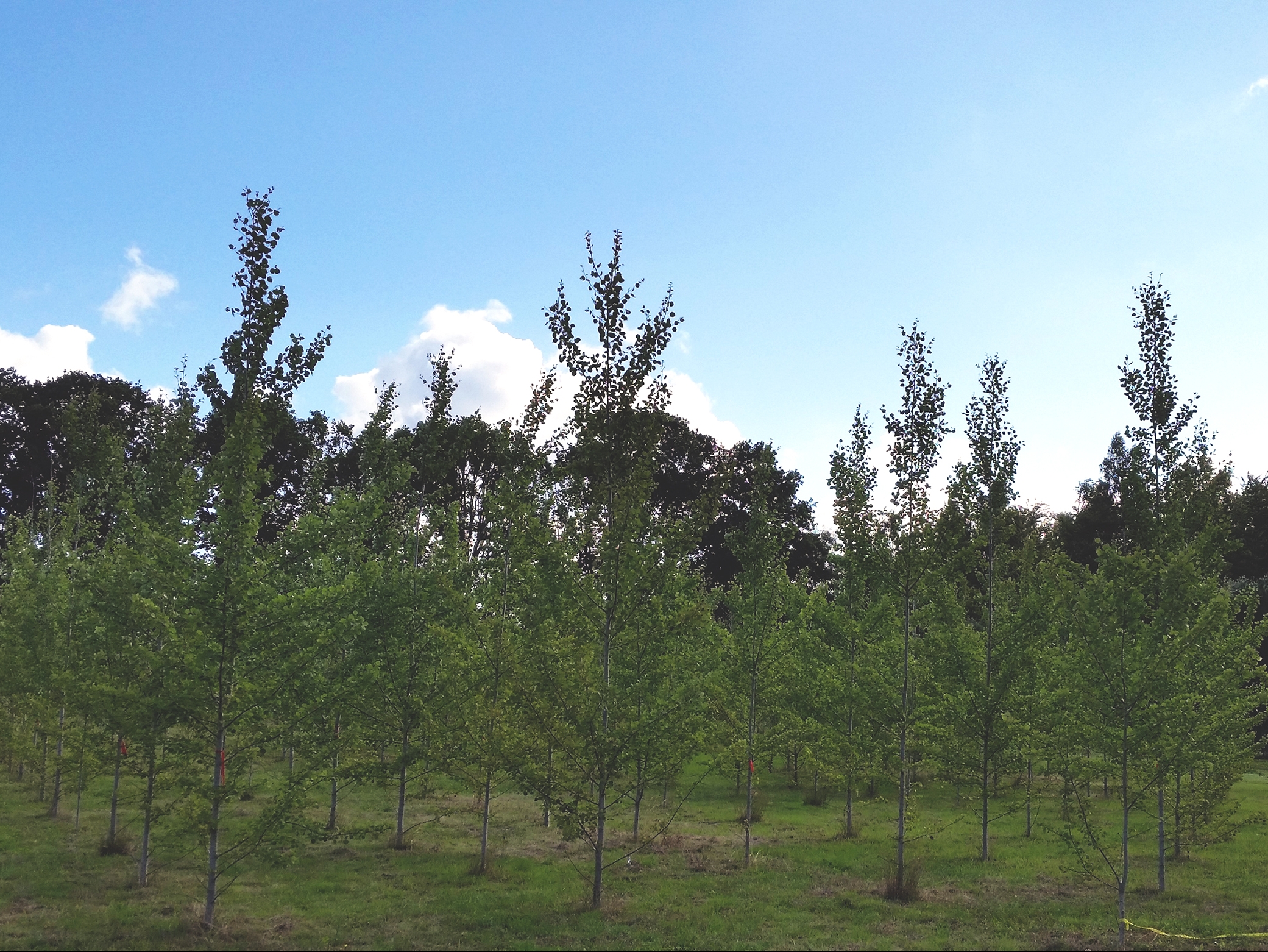 Bio4Energy
Bio4Energy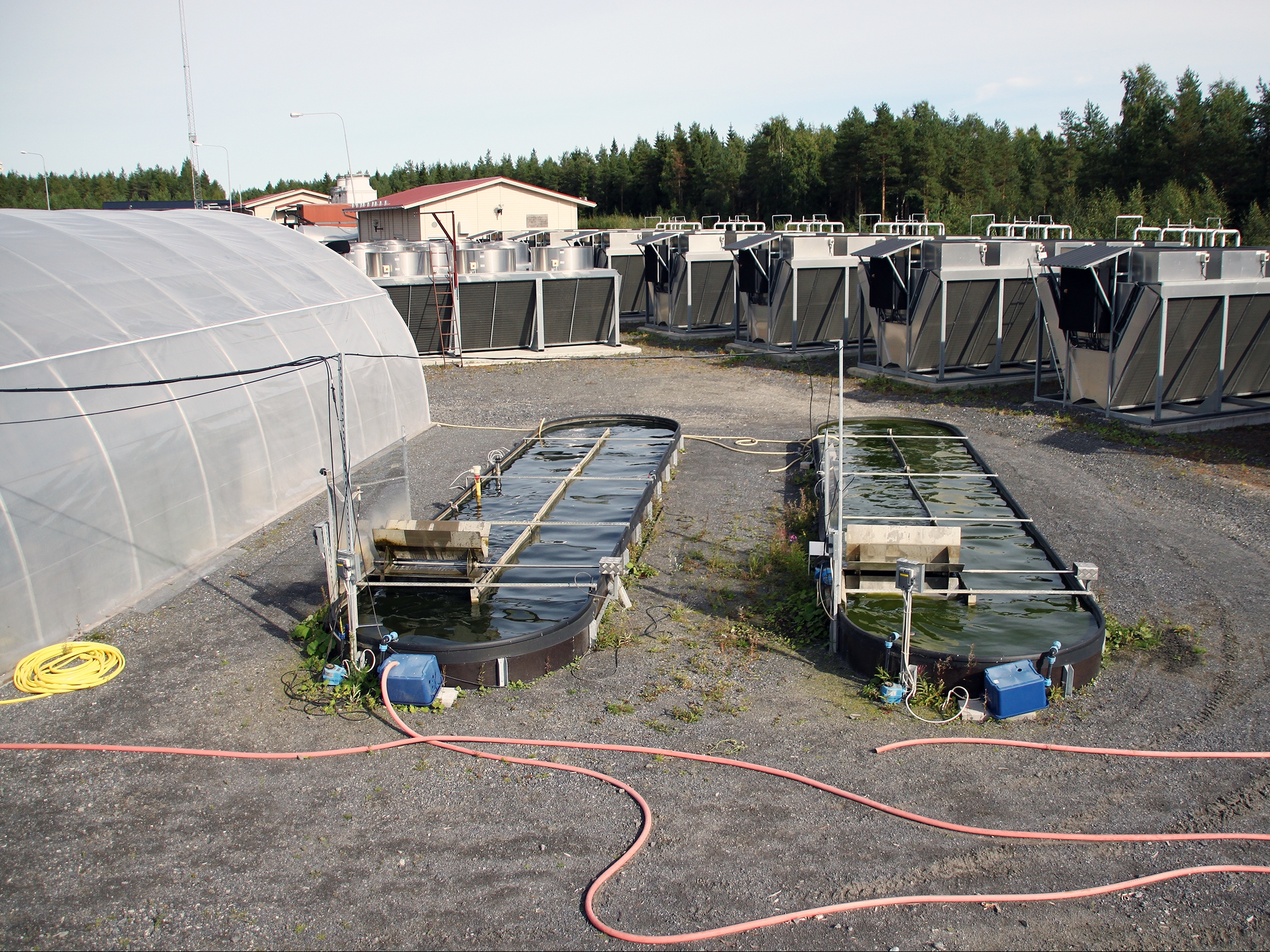
 ©AnnaStrom
©AnnaStrom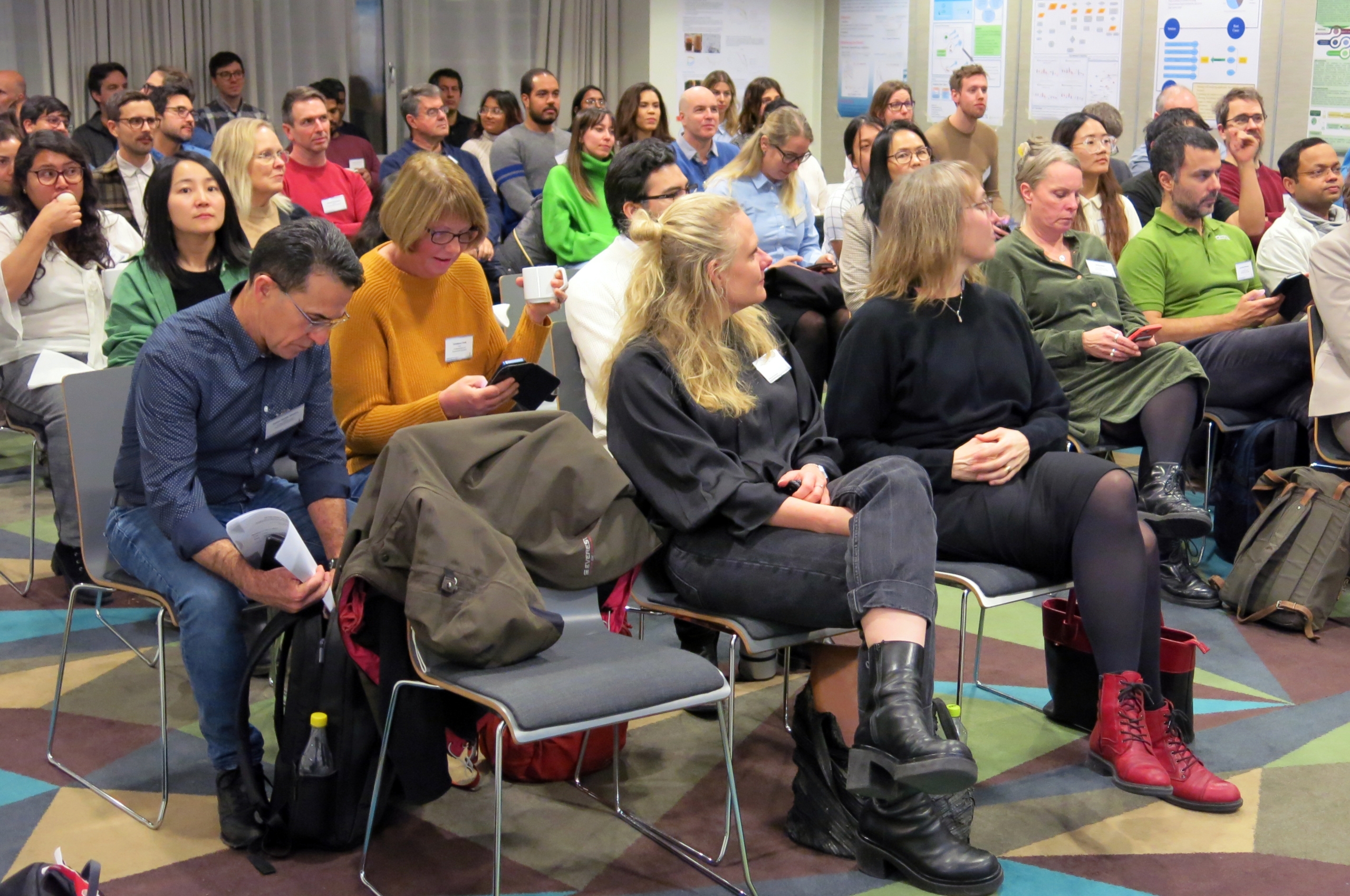 ©AnnaStrom
©AnnaStrom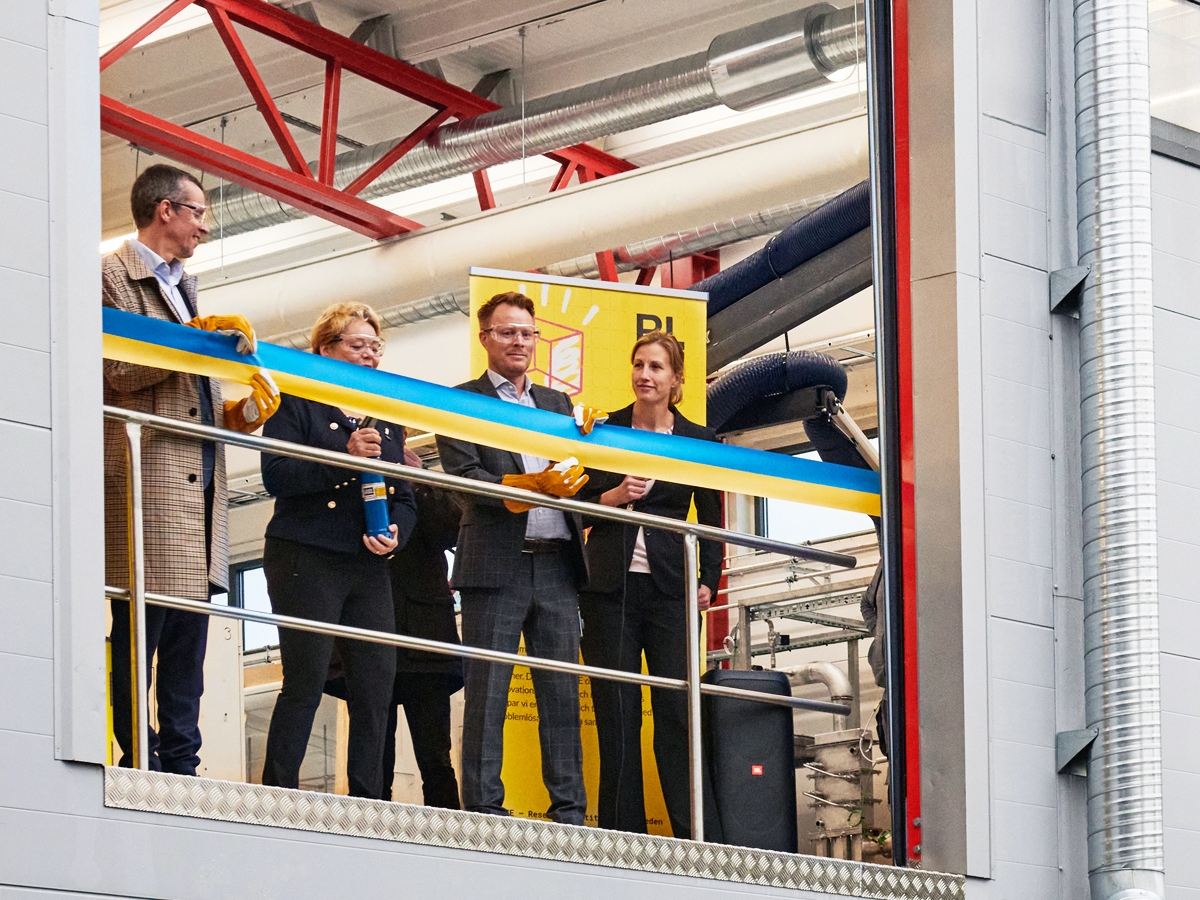 RISE
RISE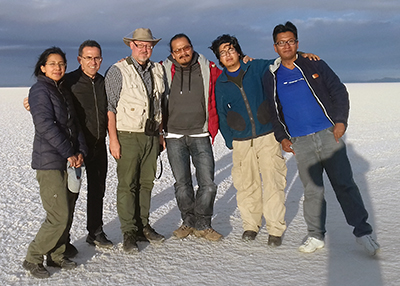 Bio4Energy ©2022
Bio4Energy ©2022